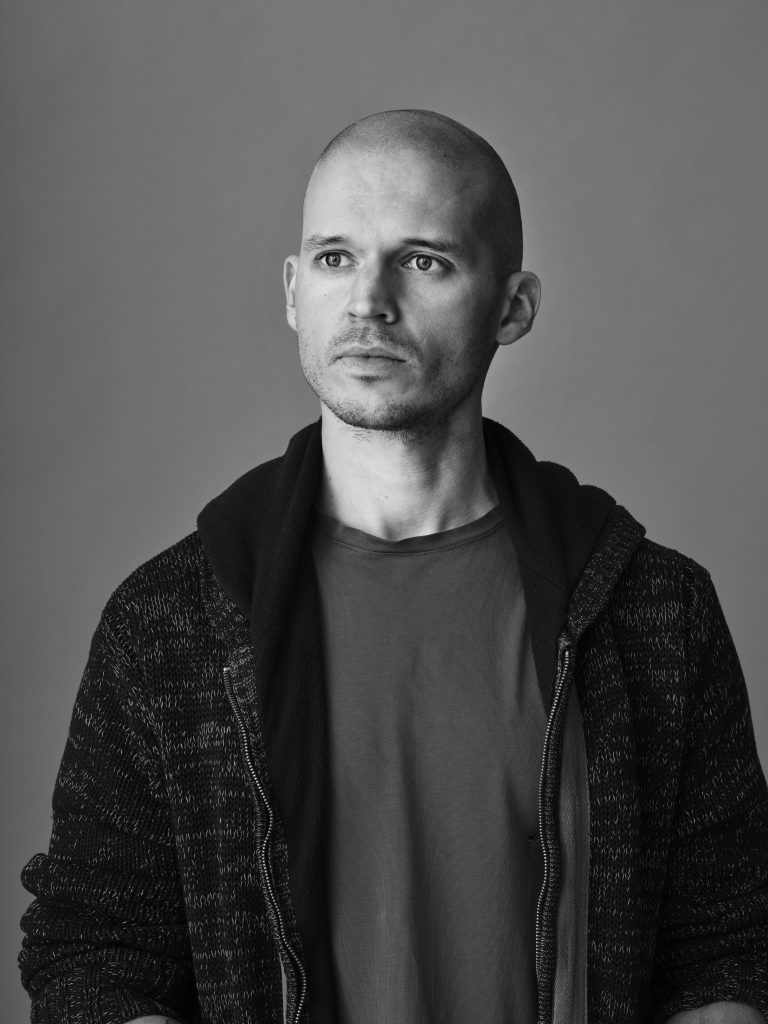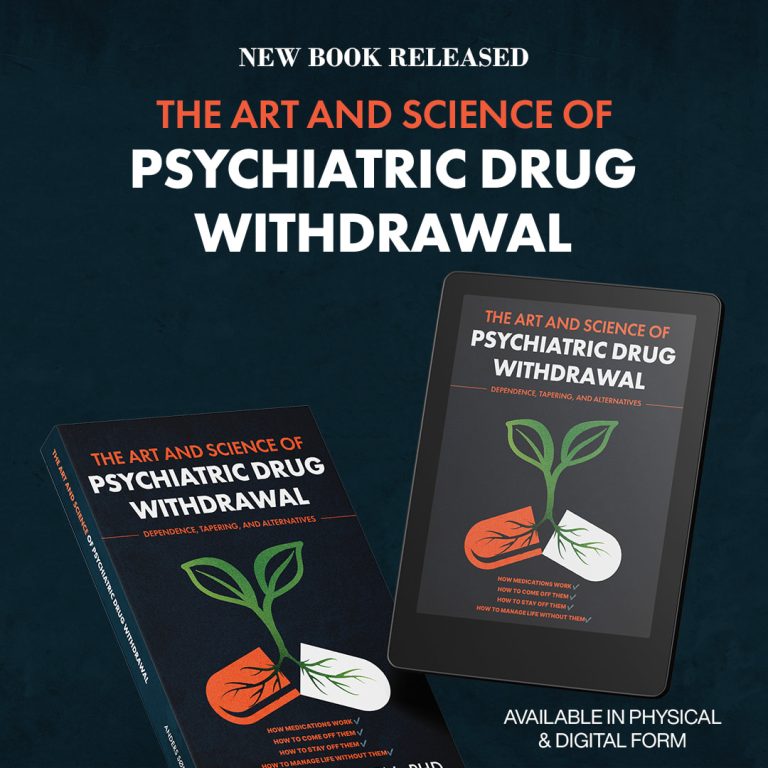
Until you make the unconscious conscious, it will direct your life and you will call it fate.
Anders Sørensen
The mind, like a library, holds the wisdom of our past and the possibilities of our future.
Within every story, every study, and every experience lies the key to deeper understanding. True growth begins when we explore the patterns of our thoughts and emotions with curiosity, not judgment.

Breaking the Cycle of Stress and Burnout
The modern world glorifies productivity, but at what cost? Chronic stress rewires the brain, disconnecting us from ourselves and those we love.
Many people live in a constant state of urgency, mistaking busyness for success. But without moments of stillness and reflection, our nervous system remains on high alert, leading to exhaustion, emotional numbness, and even physical illness. Learning how to regulate stress, set boundaries, and reconnect with our deeper needs is not just self-care—it’s survival.
The roots of anxiety and depression are not simply found in brain chemistry but in the untold stories of our lives—the experiences we carry, the wounds left unhealed.
Anders Sørensen

Healing Beyond Diagnosis
Anxiety and depression are not just chemical imbalances; they are echoes of our past experiences, unresolved emotions, and the ways we have learned to cope with pain. True healing begins with understanding—acknowledging the wounds we carry and the patterns they create in our lives. Through self-awareness, compassionate exploration, and meaningful connections, we can transform suffering into growth. Therapy is not about suppressing symptoms but uncovering the deeper narratives that shape our emotional world, guiding us toward genuine resilience and inner peace.
Psychotherapy
Healing begins with understanding—not just of our emotions, but of the patterns, experiences, and wounds that shape our thoughts and behaviors. Psychotherapy offers a compassionate and safe space to explore these aspects of ourselves, free from judgment.
Through meaningful conversations and evidence-based therapeutic techniques, we uncover deep-seated patterns that may be holding us back, allowing us to process unresolved emotions and build a stronger sense of self. With time and guidance, psychotherapy fosters resilience, self-awareness, and emotional clarity—helping us navigate life’s challenges with greater confidence and inner peace. True transformation happens when we give ourselves the space to heal, reflect, and grow.
Tapering
Medication should serve as a tool for healing, not a lifelong dependency. Tapering is a deliberate and carefully managed process that allows individuals to reduce their reliance on psychiatric drugs while addressing the emotional and psychological challenges that often accompany withdrawal. It requires patience, guidance, and a deep understanding of how medication interacts with the mind and body. Without proper support, abrupt discontinuation can lead to distressing symptoms, reinforcing the belief that medication is the only solution. However, with a compassionate and informed approach—one that prioritizes emotional resilience, lifestyle adjustments, and therapeutic interventions—the transition can be a transformative step toward lasting mental and physical well-being. Tapering is not just about reducing medication; it’s about reclaiming control over one’s mental health journey.
Trauma Recovery
Trauma leaves deep, invisible wounds that silently shape our thoughts, emotions, and behaviors, often influencing our relationships and sense of self in ways we don’t fully recognize. True healing is not just about managing symptoms or learning to cope—it requires deep understanding, self-compassion, and the integration of past experiences. When trauma remains unprocessed, it continues to dictate our responses to the world, keeping us trapped in cycles of fear, shame, or disconnection. However, by addressing trauma at its roots through therapy, self-exploration, and emotional reconnection, we can begin to rewrite our inner narratives. Healing is not about erasing the past but transforming its impact, allowing us to reclaim our identity, restore our inner peace, and move toward true emotional freedom.
Tapering Psychiatric Drugs: A Path to Freedom
Medication should support healing, not create dependency. Tapering is a gradual and personalized process that requires careful planning, patience, and professional guidance. Abrupt discontinuation can lead to withdrawal symptoms, emotional distress, and setbacks. Instead, a slow and structured reduction allows the brain and body to adjust, minimizing discomfort.

Understanding Your Medication
Knowing its effects and potential withdrawal symptoms.

Creating a Step-by-Step Plan
Adjusting doses gradually under expert supervision.

Building Emotional Resilience
Incorporating therapy, mindfulness, and lifestyle changes to support mental well-being.

Alternative Coping Strategies
Addressing underlying causes of distress through psychotherapy, self-awareness, and healthy habits.

True healing is not the absence of medication but the presence of balance—gradually reclaiming your mind, body, and emotions with patience and care.
Anders Sørensen
Insights & Conversations
Explore in-depth discussions on mental health, healing, and personal growth. These carefully selected videos provide guidance, research, and real-life perspectives to help you navigate your journey.



